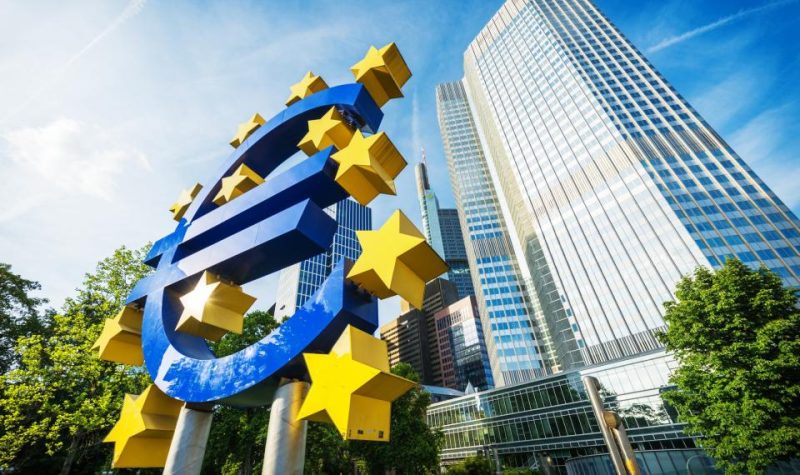The consumer price index for the 20 countries using the euro currency fell to 8.5% in January from the previous year, according to European Union statistics agency Eurostat. Although the rate is lower than the 9.2% in December, it still remains a cause for concern. This report includes data from Croatia, which joined the eurozone on January 1st. Inflation in Europe has declined for three consecutive months, down from a record high of 10.6% in October.
Factors Fueling Higher Cost of Living
Food and energy prices continue to drive up European inflation, with natural gas prices dropping from last summer’s all-time high, but consumers are still feeling the impact on their utility and grocery bills. The ongoing conflict in Ukraine has impacted food and energy markets, leading to protests and strikes from workers demanding pay to keep up with inflation. In January, prices for food, alcohol, and tobacco rose at a 14.1% annual pace, while energy prices rose 17.2%.
Core inflation, which excludes volatile food and energy costs, held steady at 5.2% last month. This shows that prices for both services and goods, such as clothing, appliances, cars, and computers, are also rising.
Read More: The Fed Expects No Interest Rate Cuts in 2023
Impact on Economy
Inflation has affected Europe’s economy, which recorded a 0.1% growth in the final quarter of 2022 and 3.5% growth for the year. This outpaces the 2.1% expansion in the US and China’s 3% growth. Despite the slowing inflation, the European Central Bank is expected to raise interest rates by a half-point on Thursday to control price spikes and keep inflation under the 2% target.
According to Eurostat data, the unemployment rate in the eurozone remained stable at 6.6% in December. Better-than-expected data in recent weeks has raised hopes for a more resilient European economy after the economic impact of the conflict in Ukraine.
Inflation and interest rate hikes could affect the demand for cryptocurrencies as an alternative investment. Traders should monitor the ECB’s actions and the impact on the eurozone economy to gauge the potential effects on the crypto market.
The decline in Europe’s inflation rate for three consecutive months hasn’t completely alleviated the burden of high food and energy prices on consumers. To rein in inflation and keep it below the target of 2%, the European Central Bank plans to increase interest rates. Cryptocurrency traders should keep an eye on how inflation and interest rate hikes affect the crypto market.
